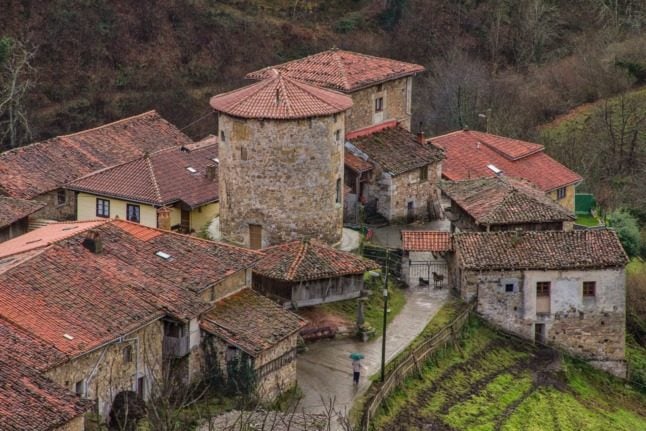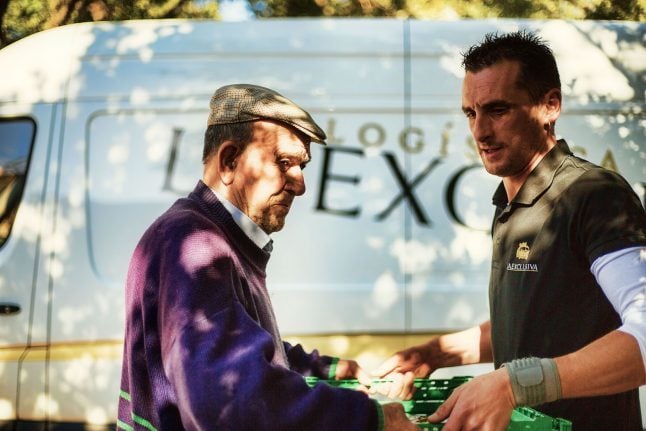"We are legion. We do not forgive. We do not forget. Expect us." The famed motto of the Anonymous movement now belongs to French company Early Flicker, Le Parisien reports.
The Web company has also registered the Anonymous logo which features a headless man in a suit in front of a globe.
It’s unclear however why Early Flicker is registering the Anonymous imagery. Website Numerama reports that the company is registered as a firm selling all sorts of products including clothes, leather products, suitcases and kitchenware. Numerama speculated that managers wanted to attract attention in this daring move against the Anonymous group.
Anonymous, a group of hackers who battle Internet censorship, have hacked several websites belonging to governments and large multinationals.
They have developed a strong imagery around the figure of Guy Fawkes, an English revolutionary, who took part in the failed gunpowder plot against the British monarchy in the 17th century. And they have shown they do not react kindly to attempts to use their imagery.
The French firm Everlife printed the Anonymous logo on t-shirts it sold, before web users who claimed they belonged to the Anonymous threatened to launch cyber-attacks on the firm.



 Please whitelist us to continue reading.
Please whitelist us to continue reading.
Member comments